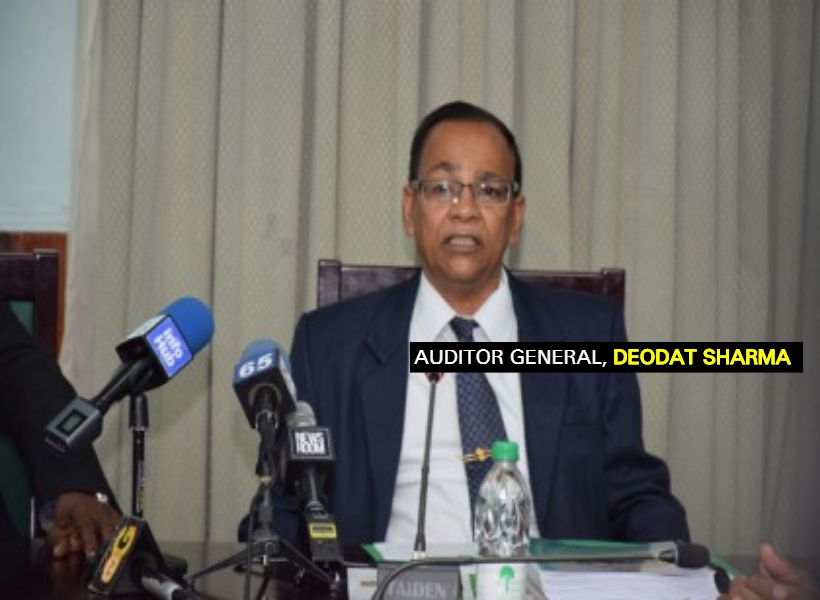Guyana’s Audit Office will be lending its support to the Guyana Extractive Industries Transparency Initiative (G-EITI) Secretariat in an effort to ensure the nation’s first report to the EITI fold is comprehensive and accurate. The nation’s report is due for submission in April.
Speaking with the Guyana Standard this morning, Auditor General, Deodat Sharma explained that audit institutions and local EITI bodies have a lot in common. He explained that both are involved in reconciling extractive sector accounts and are focused on ensuring public resources are managed well and in citizens’ best interests.
Sharma said, “During one of my visits to Norway I was informed by petroleum analysts attached to the audit department there that our office needs to have a close relationship with the local EITI chapter. They argued that both parties can bolster each other’s work since my office can provide reliable data for Guyana’s EITI analysis.”
In this regard, Sharma shared that his office is constitutionally mandated to provide regular, independent checks on the accuracy of all government accounts. He said that the national EITI process would be able to turn to the audit office for this verified data.
The Auditor General said, “This is already happening in many EITI implementing countries, including Ghana and Norway. Therefore, we will play an increasingly important data verification role in Guyana’s EITI process.”
He added, “But it is not a one way street. We will also be relying on the EITI Secretariat. For example, we can use their reports to identify major risk areas and dig deeper into disclosure discrepancies, as has been the case in Zambia, Chad, Colombia and Liberia…Where necessary, we can also act in concert, reinforcing each other’s calls for greater transparency and accountability. I intend to do this.”
Further to this, Sharma said he is interested in ensuring that the Audit Office has a seat at the EITI table. Having a seat at the table he contended, might allow the Audit Office to directly contribute to strengthening the country’s EITI priorities and processes. “It might also help us to be more effective,” he added.













